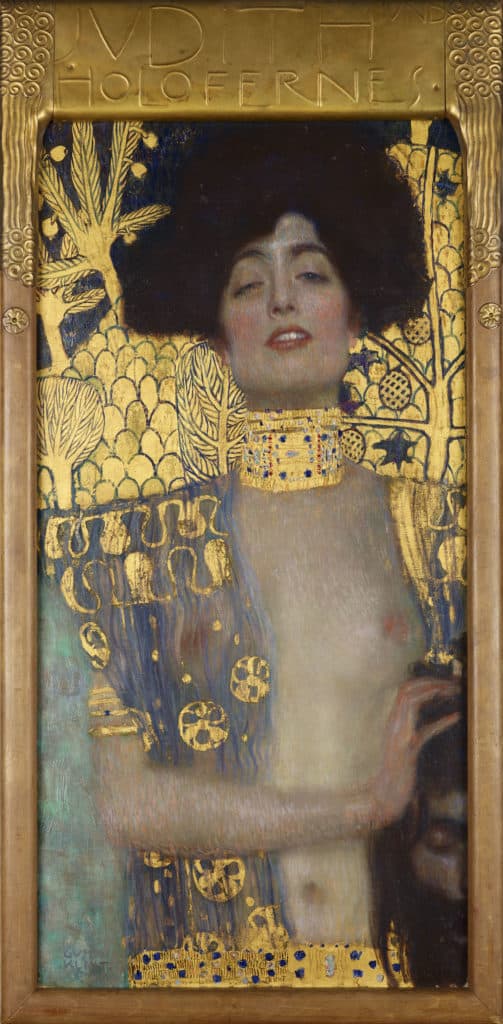Title: The Naked Woman
Author: Armonía Somers
Published: 2018, Feminist Press (translated by Kit Maude)

Apple Tree I, 1912, by Gustav Klimt
Armonia Somer’s novel was a bit of a shock when it was first published in 1950. Why does Rebeca Linke leave home on her 30th birthday and embark on a train journey into the wilderness? And she does that wearing just her coat. If you think this sounds weird, as soon as she arrives, she cuts off her own head and then puts it back on before fleeing to the forest. Yes, the plot lies somewhere between the realms of imagination and obscure reality and while some reviewers have described her writing as having its roots in magical realism, I am not quite sure this description is apt.
Her prose is unique in that it dwells in the world of lucid dreams while being utterly serious and realistic at the same time. When Rebeca enters the hut where the woodsman and his wife are asleep, the erotic elements that come forward abound and the sensual narrative becomes spine-tingling.

After her severed-head baptism Rebeca becomes Eve. She is not a seducer but is perceived as such. Soon she has a whole world after her. The mere fact of her sex, her nakedness, is implied as the utmost crime leading to her pursuit. There is this crucial moment where amidst the uproar of the crowds only one question seems to preoccupy everyone: has she really bitten the apple?
So far the reader will have realised that this novella is full of allegorical elements. But in no way is it pedantic. A
This goes beyond the boundaries of good fiction — this is great fiction, a masterpiece of world literature that should be translated into more languages. And speaking of the latter, the translator, Kit Maude, has done a remarkable job retaining the sharp narration and its magical undertones. I’d like to be able to say that books like this are seldom written anymore but I’m hesitating because this will sound naïve. On the other hand, the pretentious attempts to impress in contemporary literature make me eager to overcome this inhibition.






